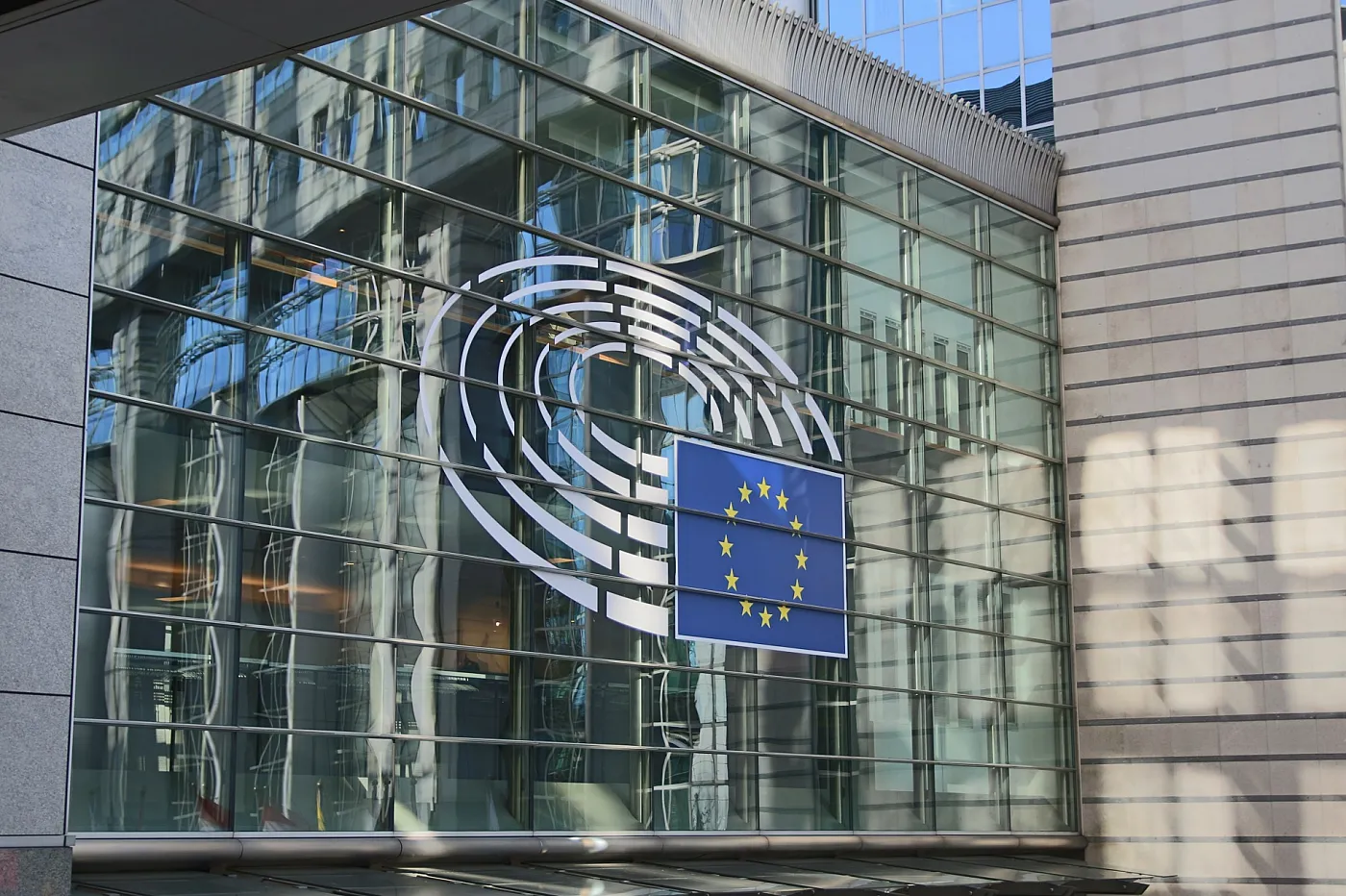On 27th May, the Council of the European Union (EU) adopted Regulation (EU) 2024/1485 (Regulation) concerning restrictive measures in view of the situation in Russia, in particular in terms of internal repression, including, inter alia, torture and other inhuman or degrading treatment or punishment, summary or arbitrary executions, disappearances, arbitrary detentions and other serious violations of human rights and fundamental freedoms.
In this context, the new regime approved by the Council of the EU creates additional restrictions on the provision of technical and financial resources to persons and entities involved in the commission of acts related to the repression of civil society and democratic opposition, and to serious violations of human rights.
The Regulation applies (i) within the territory of the EU, including its airspace, (ii) on board any aircraft or vessel under the jurisdiction of a Member State, (iii) to any natural person who is a national of a Member State, whether inside or outside the territory of the Union, (iv) to any legal person, entity or body, whether inside or outside the territory of the EU, which is incorporated or constituted under the law of a Member State, and (v) to any legal person, entity or body for any economic activity pursued, in whole or in part, within the EU.
Among the measures approved by the Regulation it is worth emphasising the prohibition on selling, supplying, transferring or exporting, directly or indirectly, to any natural person, legal person, entity or body in Russia or to any person intending to use it in Russia, any equipment that could be used for internal repression – including firearms, razor wire and certain explosives – and certain equipment, technology or software that falls within the concept of “monitoring and interception systems for Internet, telephone and satellite communications” (cf. Articles 2 and 3 of the Regulation).
In this context, it is also forbidden to provide technical assistance or brokerage services related to such equipment, as well as to finance or provide financial assistance related to equipment that can be used for internal repression, including loans, insurance and reinsurance (cf. Articles 2 and 4 of the Regulation).
Regarding equipment, technology or software, it is also prohibited to provide any telecommunications or internet monitoring or interception services to the Russian government, to public bodies, companies and agencies of Russia or to any persons or entities acting on their behalf or at their direction, or for their direct or indirect benefit (cf. Article 4 of the Regulation).
In terms of restrictions applicable to economic funds, the Regulation orders the freezing of all funds and economic resources in the possession of the listed natural or legal persons, entities or bodies, to the extent that they are owned, held or controlled by those persons or entities. In this context, it was also enacted the prohibition of making funds or economic resources available, directly or indirectly, to listed natural or legal persons, entities or bodies, as well as the prohibition of making them available for their benefit (cf. Article 6 of the Regulation).
It should be noted that the competent authorities may authorise the release of certain funds if, for example, they are needed to meet basic needs of the listed persons or entities, such as the payment of rent or medicines, or if they are needed to make a payment under a contractual obligation (cf. Articles 7 and 10 of the Regulation).
The Regulation also clarifies that the prohibition on making funds available to listed persons or entities does not prevent frozen accounts from being credited by financial or credit institutions that receive funds transferred by third parties to the account of a listed natural or legal person, entity or body, provided that all amounts credited to such accounts are also frozen. Moreover, the financial or credit institution shall inform the competent authorities of such transactions without delay (cf. Article 11 of the Regulation).
In addition, the Regulation clarifies that the freezing of funds and economic resources, or the refusal to make them available, when done in good faith and on the assumption that such actions are in accordance with the Regulation, does not imply any liability for the natural or legal person, entity or body that carries them out, nor for their directors or employees, unless it is proven that the funds and economic resources were frozen or withheld through negligence (cf. Article 14 of the Regulation).
The specific persons and entities listed can be found in Council Implementing Regulation (EU) 2024/1488 of 27 May, which implements Regulation (EU) 2024/1485.
Finally, the sanctions applicable to violations of the Regulation are defined by each Member State and must be communicated to the Commission after the Regulation comes into force. Currently, the Portuguese sanctioning system applicable to situations of non-compliance with restrictive measures imposed by EU regulations is set out in Law no. 97/2017, of August 23. This law establishes that anyone who, in breach of a restrictive measure, makes available, directly or indirectly, to designated persons or entities, any funds or economic resources that they may use or benefit from, or executes a prohibited transfer of funds, shall be punished with imprisonment of one to five years (cf. Article 28 of Law no. 97/2017).
In addition, the same penalty applies to anyone who, in violation of a restrictive measure, establishes or maintains a prohibited legal relationship with designated persons or entities or establishes, acquires or increases a shareholding or controlling position in a property, company or legal person, even if irregularly constituted, located, registered or incorporated in a territory identified in the acts approving or applying the measure (cf. Article 28 of Law no. 97/2017).
Morais Leitão has been advising its clients on the legal analysis of the legislation and sector regulations regarding compliance with restrictive measures and international sanctions, both in their theoretical aspects and in relation to their practical implementation, remaining available for any clarification on the subject.



